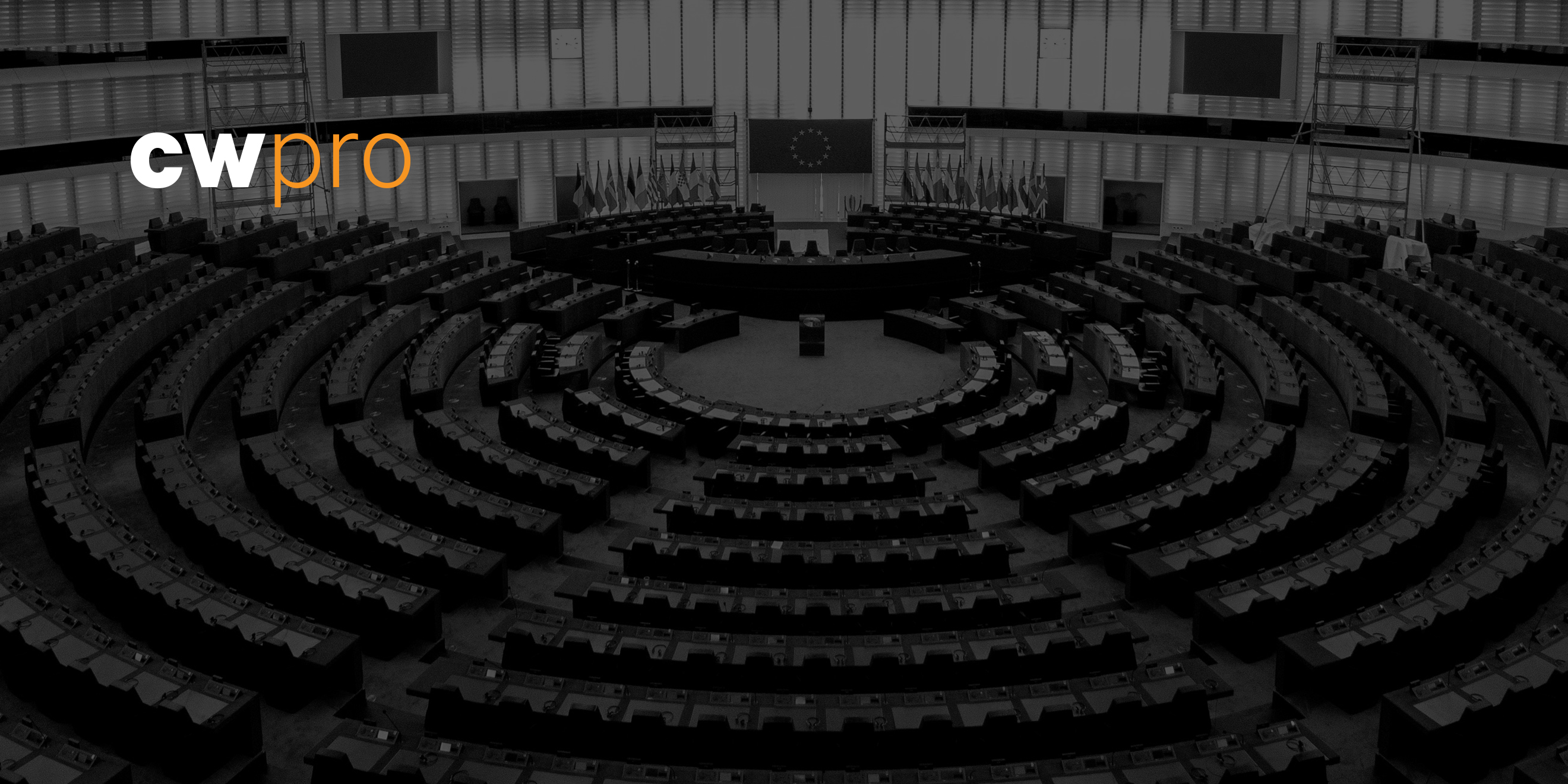Republicans in the US Senate have, the Washington Post reports, agreed to provide $425 million in funding for election security. Their Democrat colleagues are unsatisfied: they seek more wide-ranging and prescriptive legislation in addition to Federal funding of state election security measures.
Cybersecurity and Infrastructure Security Agency Director Christopher Krebs has praised the recent moves in Congress to give his agency subpoena powers. In a Lawfare op-ed, Director Krebs describes the measure as "closing a critical gap in cybersecurity" by giving CISA authority to issue administrative (not criminal) subpoenas. He thinks the legislation is drawn sufficiently narrowly to allay fears of abuse.
The US state of Michigan was among the first to organize something approaching a cyber militia, the Michigan Cyber Civilian Corps, a volunteer group designed to provide emergency surge security services in the state. The Lansing City Pulse reports that the Corps has recently had some troubles, including the failure of a few volunteers to pass required background checks, but that the state remains committed to the program.
We had occasion to note, yesterday, that Indian authorities had blocked the Internet in an effort to tamp down unrest in the states of Assam and Meghalaya. Such interdiction is not new, nor is it confined to Assam and Meghalaya: there's been a similar interdict in place covering Kashmir for more than four months. The Washington Post says that this is a record: no other democracy has ever blocked the Internet for such a protracted period.
